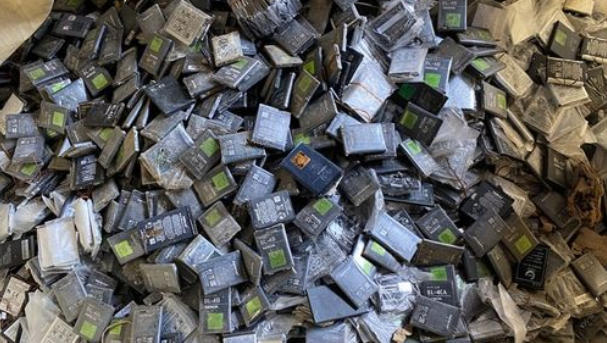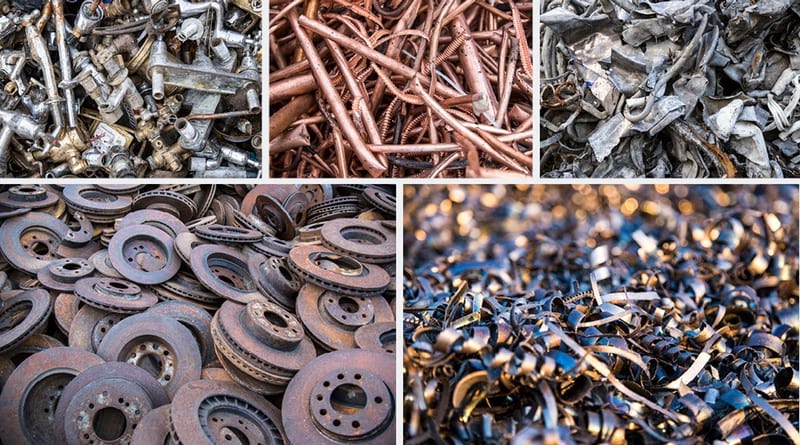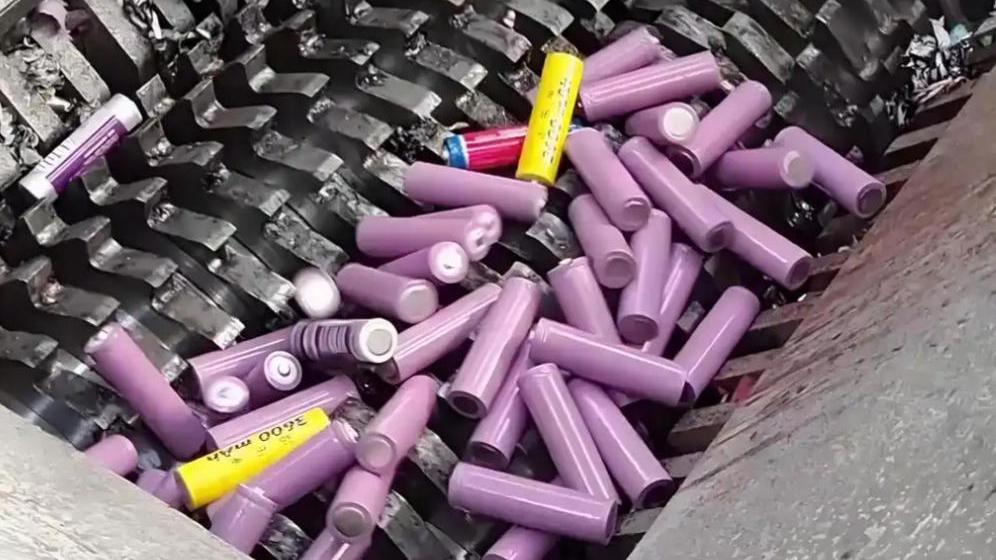Tire recycling has become a growing industry as businesses and governments worldwide seek sustainable waste management solutions. Many entrepreneurs wonder: Is tire shredding profitable? Yes, you achieve success by using the right equipment and strategy. This article explores how tire-shredding equipment can generate revenue, the cost considerations, and the best machines for maximizing profit.
1. The Profit Potential of Tire Shredding
Shredded tires are valuable raw materials for various industries, making tire-shredding equipment a profitable investment. Here’s why:
-
As a result of growing environmental awareness, there is a high demand for recycled rubber: industries such as construction, asphalt production, and rubber manufacturing require shredded rubber for various applications.
-
Multiple Revenue Streams: Shredded tires can be sold as tire-derived fuel (TDF), rubber mulch, or crumb rubber.
-
Environmental Regulations: Many regions enforce strict disposal laws, creating a consistent demand for tyre shredding machines.
How Tire Shredding Makes Money
A tire-shredding machine helps businesses generate revenue through
-
Manufacturers sell shredded rubber for playground surfaces, athletic tracks, and landscaping mulch.
-
Recyclers extract steel from tires and sell it to scrap metal processors.
-
Tire recycling plants produce shredded tires used as alternative fuel (TDF) for cement kilns and industrial boilers.
2. Cost Considerations for Tire Shredding Businesses
While tire shredding is profitable, businesses must consider the following costs:
1. Equipment Investment
Investing in the right tire crusher machine or tire shredding equipment is crucial. Costs vary based on processing capacity and automation level.
| Machine Type | Best For |
|---|---|
| Primary Tire Shredder | Basic tire breakdown |
| Dual-Shaft Tyre Shredding Machine | Standard recycling operations |
| Industrial Tire Crusher Machine | Large-scale recycling businesses |
2. Operational Expenses
-
Labor Costs: Skilled workers are needed to operate and maintain the machinery.
-
Electricity Consumption: High-powered tire-shredding machines require significant energy.
-
Maintenance and Repairs: Regular servicing extends the machine’s lifespan and ensures efficiency.
3. Market and Logistics
- Transportation: Moving shredded materials to buyers adds to operational costs.
- To ensure smooth operations, businesses need adequate space to store shredded tires before resale.
3. Choosing the Right Tire Shredding Equipment for Maximum Profit
Selecting the best tire crusher machine or tire shredding machine impacts profitability. Consider these factors:
-
Processing Capacity: Choose a machine that matches your production needs.
-
Final Output Size: Different buyers require specific shredded sizes.
-
Automation Level: Fully automated machines reduce labor costs and increase efficiency.
Recommended Machines for Tire Shredding Businesses
| Equipment | Key Features | Best For |
|---|---|---|
| Tire Crusher Machine | Heavy-duty processing, steel separation | Industrial recycling |
| Dual-Shaft Tyre Shredding Machine | Uniform shredding, medium-capacity | Standard recycling operations |
| Portable Tire Shredding Equipment | Mobile operation, easy transport | On-site tire disposal businesses |
Conclusion
Given these factors, is tire-shredding profitable? Yes, with the right business strategy, equipment, and market positioning. A well-planned tire shredding equipment operation can generate revenue through recycled rubber, steel recovery, and TDF sales. Investing in a high-quality tire crusher machine or tire shredding machine ensures efficiency and long-term profitability.



